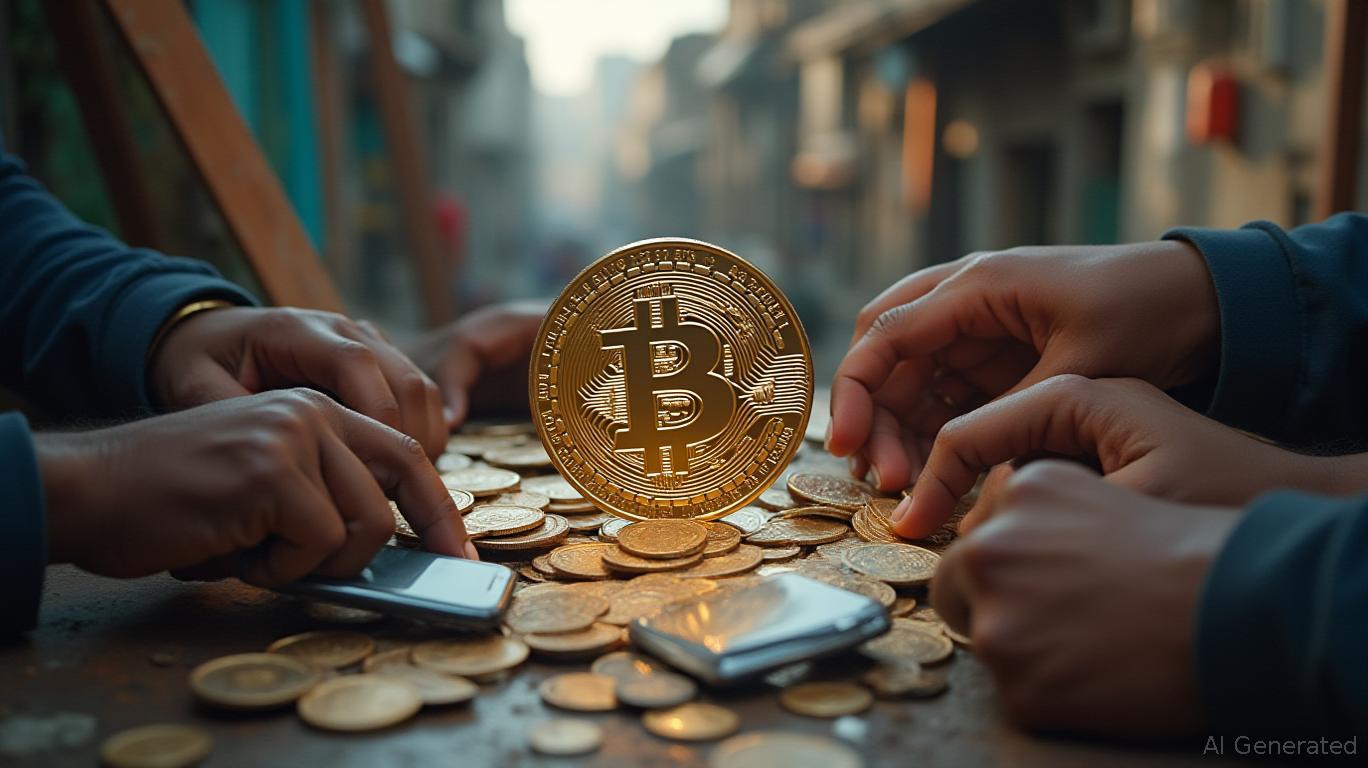Blockchain-based banking offers a crucial solution to Venezuela's hyperinflation crisis
Venezuela is preparing to overhaul its financial sector as Conexus, the country’s top payment processor, plans to incorporate
The motivation behind this integration stems from Venezuela’s ongoing economic difficulties, such as hyperinflation and a volatile currency. Gasparri pointed out that more Venezuelans are turning to stablecoins and Bitcoin to shield themselves from inflation, a pattern that has accelerated in recent years. By adopting blockchain, Conexus intends to deliver a transparent and secure environment for cryptocurrency transactions, enabling users to safeguard their wealth while enjoying quick and affordable international payments, according to

The planned platform will build on the achievements of interbank mobile payments, which are now a vital part of Venezuela’s financial system. Conexus, the pioneer of the nation’s mobile payments—handling 100 million transactions each month—views blockchain as the natural next phase in digital finance. Gasparri likened the project to BBVA’s crypto custody services in Spain, suggesting that regulated blockchain use could broaden access to digital assets while preserving institutional protections, as reported by
On a global scale, this initiative fits with wider trends in financial technology. Leading U.S. banks, including JPMorgan and Bank of America, have already introduced crypto custody solutions, and SWIFT has announced intentions to shift stablecoin transactions onto blockchain platforms. At the same time, regulators are addressing the challenges posed by the swift rise of stablecoins. A regulatory framework from 2022, scheduled for implementation in 2026, will require banks dealing with crypto assets to meet strict capital standards, prompting a reassessment to better match regulatory measures with the changing market. The U.S. has also moved forward, passing the GENIUS Act in 2025 to encourage crypto adoption, as noted by Invezz.
Conexus aims to roll out its project in December 2025, with the necessary infrastructure already being developed, Coinpedia added. If the initiative succeeds, Venezuela could emerge as a leader in blockchain-driven finance in the region, providing a model for other nations seeking to address economic instability through digital solutions.